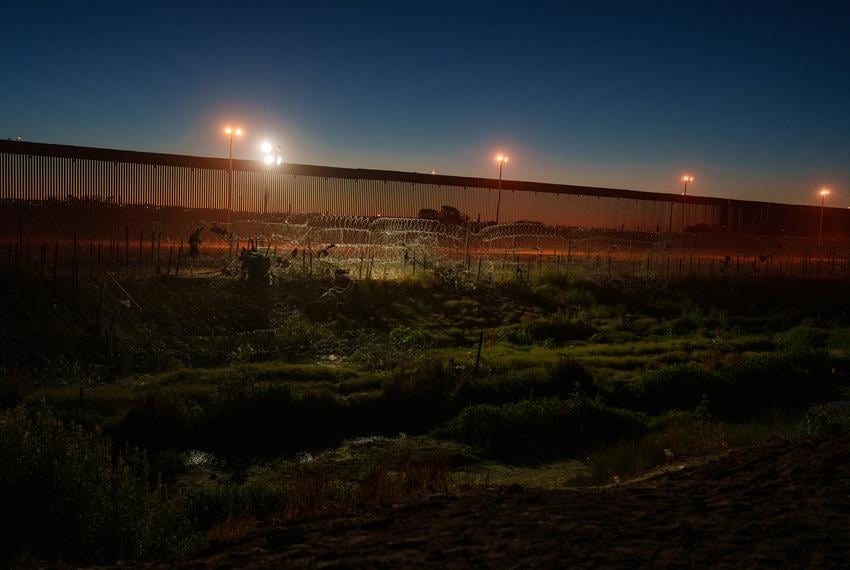U.S. Military Presence on the Border: What You Need to Know in 2025

In recent years, the situation on the border between the United States and Mexico has taken center stage in national security and immigration discussions. 2025 has seen a surge in military activity and evolving legal frameworks that shape how the government enforces its border policies. This article unpacks the latest changes, the legal boundaries, and the real-life impacts of heightened security on the border.
The Expanding Military Role on the Border
The U.S. military's presence on the border has reached unprecedented levels. Recent developments include the creation of new military zones where soldiers are authorized to patrol and, crucially, even arrest individuals for breaching designated areas. For example, a new military defense area was established in El Paso, marking the second such zone after a similar initiative on the New Mexico border. Soldiers are now actively involved in detaining migrants who are found on the border in these specific areas. According to The Texas Tribune, "the establishment of a second National Defense Area increases our operational reach and effectiveness in denying illegal activity along the southern border."
Legal Limits: What Does the Law Say?
The Posse Comitatus Act has long restricted the use of federal troops for civilian law enforcement on American soil. However, exceptions have come into sharper focus with recent policies. The Trump administration, for instance, has broadened the military’s mandate under the guise of national emergency, allowing troops on the border to search, detain, and patrol far beyond previous supporting roles. As explained in this NPR analysis, "the law prohibits federal armed forces from taking part in civilian law enforcement, like conducting searches, seizures and arrests on American streets, except when expressly authorized by the Constitution or Act of Congress."
Designating national defense areas has effectively shifted what troops can do. By declaring states of emergency and utilizing executive authority, the president is able to sidestep normal legislative checks. Experts warn that the blurring of military and law enforcement roles could have wide-ranging implications, including impacts on military readiness and recruitment. Critics are also concerned about the unpredictability around use-of-force protocols in these new zones on the border.
Humanitarian Concerns and Ground-Level Realities
The intensification of military involvement on the border has sparked debate among policy experts, humanitarian groups, and local residents. Although officials argue these measures are necessary to curb illegal activity, the facts tell a more complex story. Border crossings have actually been decreasing, with the El Paso sector noting an 87% drop since August 2024. Yet, the number of migrant deaths has risen. Over 170 migrants died in the El Paso area in 2024 alone, compared to just one a decade earlier, as reported by The Texas Tribune. Advocacy groups stress that militarizing the border not only raises risks for vulnerable migrants but could adversely affect humanitarian efforts in the region.
Ongoing Debates and What’s Next for the Border
The rapid escalation of military authority on the border remains subject to ongoing legal and ethical debates. The main question is whether such measures are truly effective, or if they simply reinforce a perception of threat without addressing root causes. Key statutes like the Alien Enemies Act and the Insurrection Act have never been directly used for immigration enforcement, but their relevance is now front and center as policies continue to evolve. For a detailed overview of the legal frameworks and conversations shaping this issue, read the full NPR analysis.
Conclusion: Navigating a Changing Landscape on the Border
The situation on the border is not just about lines on a map. It is about real people, evolving laws, and shifting national priorities. As military roles expand and legal norms are tested, staying informed has never been more essential. By understanding the complexities, everyone can better engage in the ongoing conversation about security, legality, and humanity on the border.